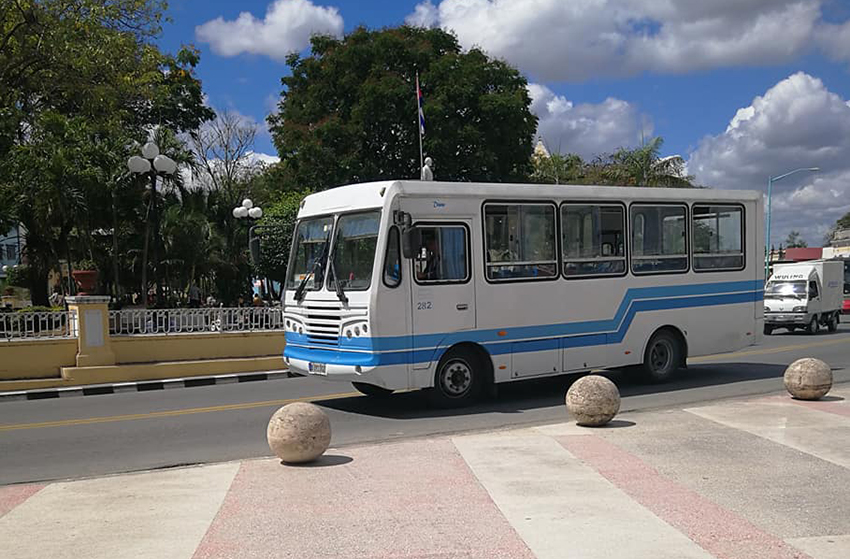
With the beginning of the summer season, measures to avoid traffic accidents are being reinforced in Las Tunas, in addition to the control of compliance with the provisions aimed at the third phase of the post-COVID-19 recovery stage in Cuba.
Las Tunas, Cuba - Vladimir Tellez Perez, head of the Technical Subcommittee of Vehicle Safety in the Provincial Commission of Road Safety, declared that the purpose is to prevent the occurrence of accidents during the mobility of people who, as a rule, move to the municipalities in the north of the territory with the purpose of enjoying the beach.
To this end, they strengthened control and enabled points of alcohol on the roads to the resorts, said the official, who stressed that it requires the implementation of health guidelines to avoid stimulating a resurgence of the new coronavirus.
Oslayne Somoza Gonzalez, a primary health care official at the provincial directorate of the sector, warned about the consumption of drinks on the road and its impact on the accident rate.
“The consequences are related to the degrees of alcohol. For instance, the driver can with 0.3 degrees reduce the ability to attend to a complicated situation and to this the response may be slower. Here the risk is moderate; but as the degrees increase, so does the danger.
“Other effects imply that the psychomotor reactions become more clumsy, vision and concentration are reduced, there are affectations in the motor skills and delay in the movements; later a sensation of euphoria and excess of confidence appears, so that the level of risk increases until arriving, with a deep intoxication, to the impossibility of driving and the danger for the life”, concluded the expert.
In Las Tunas, the rules of road safety provide that the cars intended for the transportation of vacationers must have the endorsement of the Technical Review Automobile Centre, Traffic, and the sticker issued by the Company of Transport of Passengers and General Cargo (Cardinal).
In this regard, Roy Fraga Acosta, head of the centre popularly known as “somatón” (the scanner), said that the technical diagnosis of the means of transport dedicated to the transfer of vacationers is one of the priorities of the entity, where so far they found the status of about 300 teams.
The also member of the Provincial Commission of Road Safety declared that the fundamental objective is to guarantee the safety of the means and, consequently, to avoid the occurrence of accidents due to technical defects.
The revisions, he detailed, are carried out to the totality of the vehicles, as much in the state sector as particular, in charge of taking people towards the coastal area.
Once the equipment is endorsed as suitable, a report is issued certifying such condition, that document must be, in turn, endorsed by the transit authorities. Later, the Provincial Directorate of Transport issues a sticker of mandatory use for cars that will travel to the beach area, stressed Fraga Acosta.
During the months of sanitary contingency, the centre suspended most of its services and only assisted the vehicles authorized by the Provincial Defense Council, which were mobilized in the various functions related to the fight against the coronavirus SARS-CoV-2.
The collective resumed its services after the first post-COVID-19 phase was established in the country and, to date, has carried out more than 700 inspections, for which they are working quickly to make up for the delay caused by the cessation of work. The essential goal of their effort is to preserve the lives of drivers, passengers and pedestrians.





